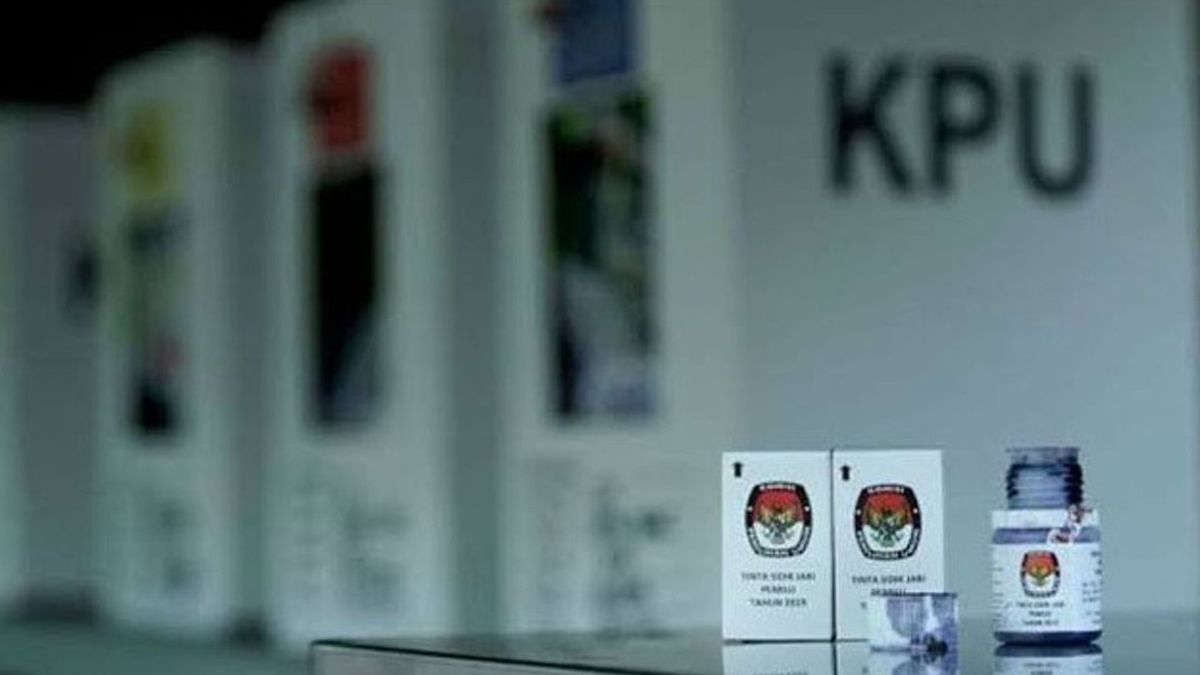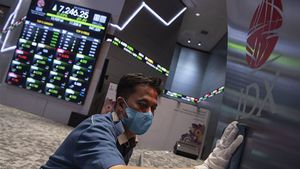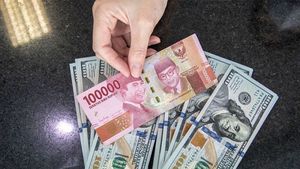JAKARTA - Citi Indonesia Chief Economist Helmi Arman assessed that the trial process for the general election dispute (election) that is still ongoing will not affect the interest of foreign investors to invest in the country.
"Will (election disputes) affect the interest of foreign investors? We don't think so. Because election disputes are not strange," Hemi said in Citi Indonesia's "Economics and Financial Performance" in Jakarta, quoted from Antara, Wednesday, April 3.
He stressed that election disputes are not extraordinary events and are just normal phenomena in healthy democracy. Even there were many drama elections in the United States in 2020.
In terms of macroeconomics, said Helmi, Citi itself still has a positive view of the outlook for Indonesia's economic growth, especially in line with the elections that have been completed in one round.
"With the completion of one round of elections, on the one hand, the stimulus in the form of campaign spending ends faster than if the election is run in two rounds. But on the other hand, political uncertainty also ends faster because of one round," he explained.
Moreover, added Helmi, the political manifesto of the elected president puts forward the sustainability of various policies of President Joko Widodo (Jokowi) administration. According to him, this paved the way for accelerating the recovery of the investment cycle of the private sector.
From the perspective of bond market investors, Helmi said that the ongoing political transition process in Indonesia does have fiscal implications that are not yet fully known.
In the short term, with the end of elections in one round, of course not all government spending related to the election that has been budgeted will be fully used. This, said Helmi, is also because the government's cash position is already relatively strong.
Meanwhile, regarding state securities (SBN), Helmi said the SBN issuance target in the second quarter of 2024 had begun to be lowered compared to the SBN issuance target in the first quarter of 2024. The decline in the target, he said, was certainly welcomed from the perspective of maintaining balance between supply and demand in the SBN market.
SEE ALSO:
Regarding the longer-term perspective, Helmi reminded that the bond market still needs more clarity on the fiscal impact of future government programs such as free lunch programs for children.
He estimates that the costs required for the free lunch program may reach around 1 percent or even close to 2 percent of Indonesia's GDP.
"Therefore, the clarity of the implementation of these programs is important for bond market investors because it will determine the medium term outlook of the Indonesian state budget deficit and also determine the direction of Indonesia's debt ratio," said Helmi.
The English, Chinese, Japanese, Arabic, and French versions are automatically generated by the AI. So there may still be inaccuracies in translating, please always see Indonesian as our main language. (system supported by DigitalSiber.id)
















